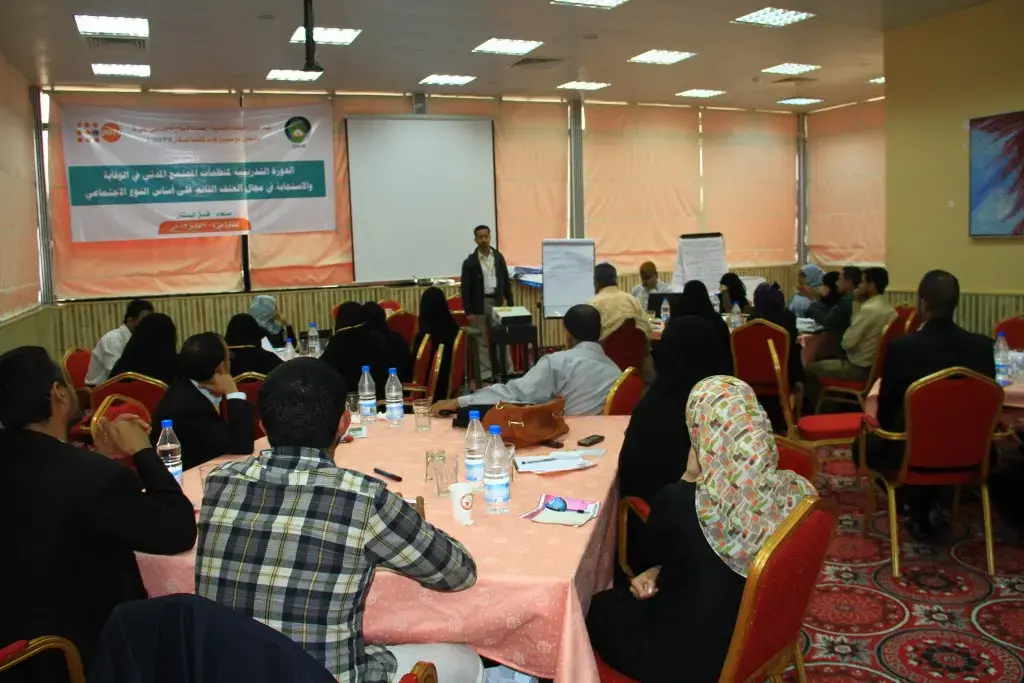On October 7th, the United Nations Population Fund (UNFPA) and the German Bank for Development KfW signed an agreement for a two-year long program to address issues concerned population growth and women’s health in Yemen. The German government has granted a total of eight million Euros for the program’s budget. The agreement was signed by Bernd Sch�newald, Director of KfW in Yemen, and Anne-Birgitte Albrectsen, the visiting UN Assistant Secretary General and Global Deputy Executive Director for the UNFPA.
Albrectsen remarked that Yemen’s government had developed a very important transition plan and that one element of the plan was to improve the health and well-being of the Yemeni people. This included taking care of reproductive health, maternal health and maternal mortality.
The UN Assistant Secretary further added that with the plan in place, there was a need to deliver and show the Yemeni people and community that true change would be experienced as a result. “The new funds, which are arriving as support from the German government, will allow the UNFPA to assist the Yemeni government in implementing much-needed projects, and make sure that every pregnancy is wanted and every childbirth safe in Yemen,” said Albrectsen.
Marc Vandenberghe, UNFPA representative in Yemen, highlighted how economic and social development in Yemen was closely connected with population growth. “Population growth in Yemen is very high… every year, there are 3% more people in Yemen. This represents a problem because there are not sufficient resources to provide enough food, water, education, and employment to the Yemeni people. We believe that Yemen’s chances for development will be enhanced if we succeed in bringing down or stabilizing population growth,” said Vandenberghe.
Mr Vandenberghe briefed those presents on activities which UNFPA will focus on in order to contribute to maternal mortality reduction. The projects will have the general goal of improving health services. Means to achieve this goal will include the upgrading of facilities, the recruitment of qualified staff, and the provision of better quality and access to health services. Family planning services, which ultimately aim to preserve mothers and infants’ good health, will also be made available.
The UNFPA is also looking forward to undertaking an intervention to relieve the nation’s humanitarian crisis, which will involve reaching out to mothers and pregnant women who reside in conflict-affected areas and who are in dire need of check-ups and maternal services.


